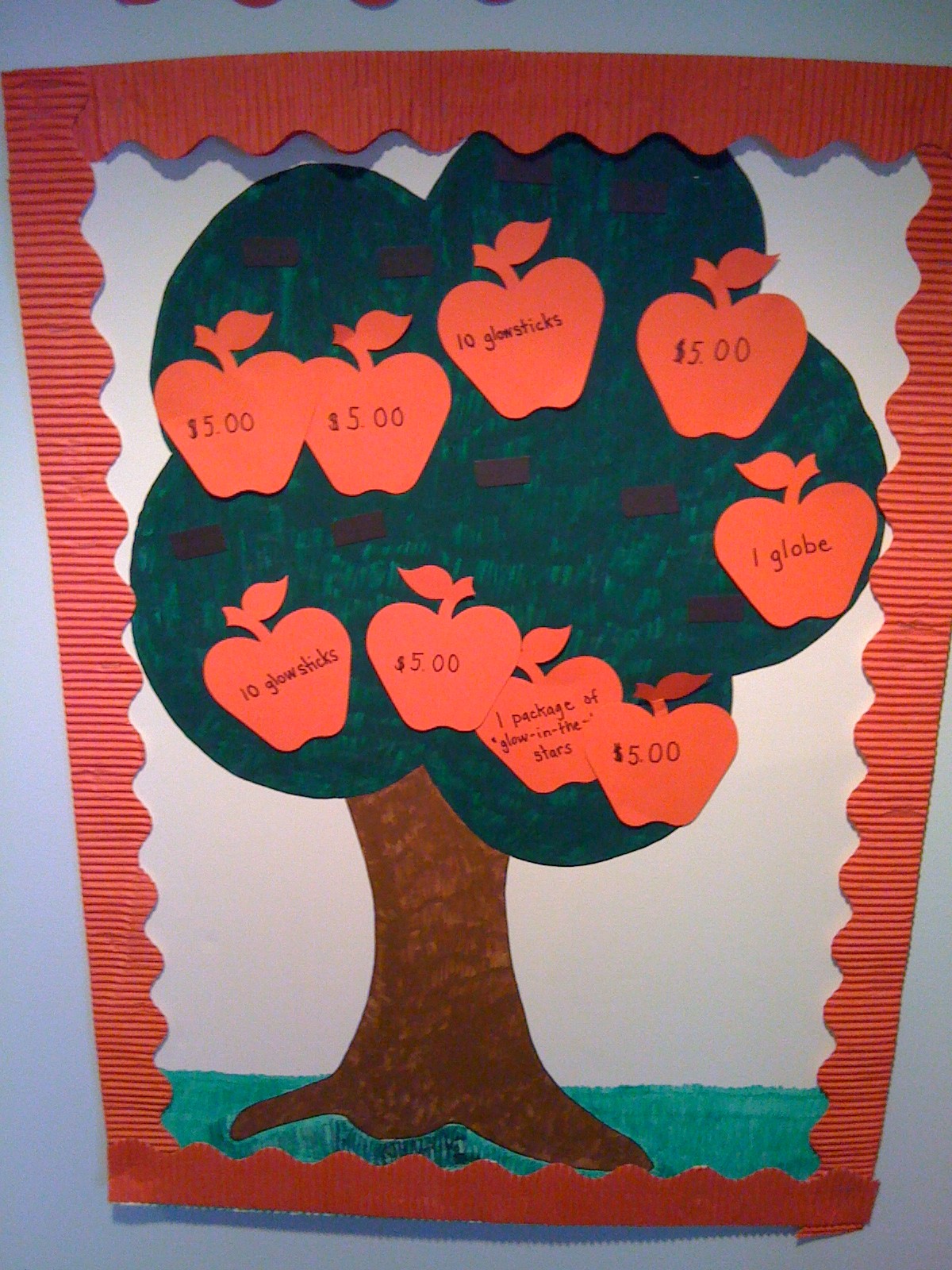Commenting on Commentaries
I love commentaries. I don’t have as many as I’d like to have, but I love the ones I have, and I like having the church library just down the hall to fill in some gaps in my own library.
Obviously, there are some that I like more than others, and some I trust very deeply. Others I read more for word study or just for a quote or two.
Some do not see the need for such volumes. 300 pages on James? Who needs that much material? (My dad has a 10-volume commentary just on Hebrews, and each volume has about 250 pages!!!)
Most preachers have at least a few volumes, while some have hundreds. When studying a particular Bible book, many preachers will “bulk up” their library on that one book. They may buy 4 or 5 commentaries on Matthew, for example.
Many Christians simply can’t spend that kind of money on commentaries, so let me offer a few suggestions on commentaries for as many people as possible.
1. Purchase a few volumes (used, if possible, to save money) by brothers in Christ. It’s worth starting with Burton Coffman, Gospel Advocate, and/or Truth for Today. If possible, buy these whole sets (although, personally, I would recommend Coffman only on the New Testament).
2. Use the church library for other commentaries. Many church libraries have several single volumes and even a few sets. What a resource that often goes untapped! Less than 30 minutes in the church library can give you 3 or 4 perspectives on the same verse or section of Scripture. If you’re teaching, you may even find a very useful outline or quote.
3. Look online for commentaries. Yes, there are a few older commentaries now available for free online. You will probably want to use those by names you recognize. Often, someone who can’t publish a commentary just puts “his volume” online, and it wasn’t published for a reason!
4. While some don’t think it’s worth it, Matthew Henry’s commentary is still worth adding to your library. You won’t agree with everything he writes, but Henry’s commentary on the whole Bible has stood the test of time. For the money, it’s a good investment.
5. Check the Scripture references and compare, compare, compare. This is the main way to use commentaries. If only one writer has a particular view, it’s probably not the proper thought on a passage. If you see several saying the same thing–especially if they agree with our brothers in Christ–you probably have gotten to some of the meat of the passage.
6. Always go back to the Bible. I quote from a couple of commentators more than others (Woods and Barclay, for example), but I try not to be a walking commentary. I’d rather be a walking Bible. After all, it is still true that the Bible is its own best commentary.
What other suggestions would you give?



17 Comments
Tim Archer
It’s also worth noting that more and more commentaries are available online, like Coffman’s and Matthew Henry’s.
Grace and peace,
Tim Archer
Tim Archer
Oh, duh… I read too fast. Why don’t I just repeat something you said already? 🙂
Scott
Adam, Resources like e-sword and other online sources make commentary sets and single volumes affordable if not free and on a computer they take up less space.
Wesley Walker
D.A. Carson has a book where he evaluates all NT commentaries laying out which ones are the best. It is a good tool for those interested in buying commentaries.
Scott
Tim, you and I both missed that line about online commentaries. — oops!
Jim Faughn
Make that a set of SEVEN volumes on Hebrews and each one containing between 500 & 600 pages. No, I have NOT read every page!!
Brian
Gordon Fee and Douglas Stuart have an appendix in the back of How to Read the Bible for All its Worth, that recommends commentaries based upon their criteria, which includes commentaries that don’t tell you what to believe but give options.
Reading commentaries from writers outside of your belief/tradition is always good. What’s the point of reading people you already agree with? Then go to the Bible.
faughnfamilyof4
WHOOPS! So much for my photographic memory…
…as if I ever had one.
Todd Clippard
I have a 600 page commentary on James that is worthless.
While you have commented on online works, I would note that J.W. McGarvey’s commentaries are widely available new, used and online. Hard to go wrong with his stuff.
To find used books online I use abebooks.com and amazon.com. Used commentaries and classic works by our brethren can also be found on ebay.
Also, if your wife drags you to an antique store (not that this has ever happened to me!), look for old books there. I found a denominational preacher’s library for sale and bought the first four volumes of Search for the Ancient Order (in like new condition with dust covers) for $25! Not $25 each, but for all four! I also bought Kittle’s TDNT (all ten volumes like new with covers) for less than $100.
You see — two good things can happen… you can get a great deal on books, and your wife might stop taking you shopping!
faughnfamilyof4
Two responses to your question about readin those “I already agree with.”
1. I don’t agree with every single comment. As you said, we need to “go to the Bible,” and some “miss it” in certain comments. I want to see what these men whom I respect in an overall way, though, say about the particular text.
2. I think we all do this somewhat naturally. You probably like certain commentaries because you usually agree with them. I find that they help me “hone” my thoughts as to how to word a comment for a sermon or a Bible class. More than that, though, they help lead me to other sources with whom I may or may not agree. They are a good starting point.
Thanks for reading and for your response! I hope you’ll continue to read and comment.
Westley Hazel
I really like the series of commentaries called Truth for Today. http://www.amazon.com/Truth-today-commentary-David-Roper/dp/0945441347
They are scholarly and yet simple enough that anyone can understand what they are discussing. They are also very practical for teaching. I buy a copy of each one to give to different teachers who teaching on a specific book of the Bible. They are not all printed, but the goal is to cover the entire Bible. They are written by members of the Church.
Gallagher
I would suggest being frugal in purchasing commentaries, I believe you already alluded to this (it si the Timothy Archer disease).
I know many preachers having thousands of dollars in thousands of commentaries which might rarely be use, if they are even used.
I enjoy my Bible software programs because it allows me to search hundred of books by a key phrase or verse. I find the online material very helpful, but I do wish there were more, much more brotherhood publications online.
Just my thoughts
Chris Hodges
I have probably owned about every major commentary set available (Yes … “Hi, my name is Chris Hodges and I am a bookaholic”). I have made some good purchases and I have made some that, well, aren’t so good. From my point of view, I have discovered that the best way to buy today is via software (my personal favorite being Logos). Obviously, you still need to decide what is worth buying and what isn’t. However, using commentaries through my Bible software has made my sermon preparation so much easier and richer at the same time. Sadly, most brotherhood commentaries aren’t available in this format (College Press NIV is available in Logos and the Gospel Advocate is available in Wordsearch). Nevertheless, I am able to carry my MacBook (I know … shameless plug) and study the Bible in depth no matter where I may be (especially Starbucks). Anyway, my personal favorite multi-author sets are the NICOT, NICNT, WBC, NIGTC, TOTC & TNTC. As for single-author sets, I prefer John MacArthur & Warren Wiersbe’s Bible Exposition Commentary.
Bruce Ligon
I agree that commentaries can be helpful tools in preparing to teach/preach. One author I would add to those already mentioned is Warren Wiersbe. His “Bible Exposition Commentary” (five volumes) is very helpful to me in outlining and making practical applications.
Regarding commentaries, I remember someone saying (Guy N. Woods?) that the Bible sheds a lot of light on some commentaires.
Chris Hodges
Oh, I forgot to mention that Coffman’s is available on PC Study Bible.
Travis L. Quertermous
Personally, I only buy commentaries as I need them. I have found commentaries by the following brethren to be extremely helpful: Homer Hailey, J.W. McGarvey, Guy N. Woods, and Wayne Jackson. None of these men have written commentaries on the entire Bible like Coffman has, but they have never published a worthless commentary either in my judgment.
Warren Baldwin
Good, practical thoughts. In the use of commentaries I think it is a good idea to NOT consult them until after you have done exegesis and have developed some of your own thoughts first. Then you are not dependent upon the commentaries, but simply use them as a resource or for ideas to supplement your own. Also, it allows you to critically evaluate them rather than just depend upon their insights.
Also, as someone else mentioned above, it can be helpful to read commentaries that we might not agree with, if for no other reason than that they make us aware of larger issues going on in the text.